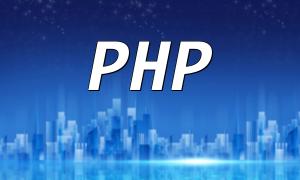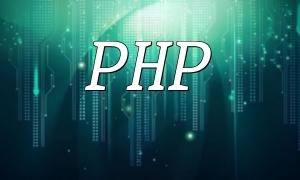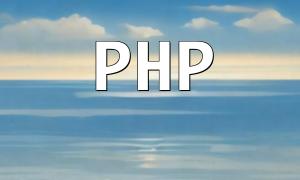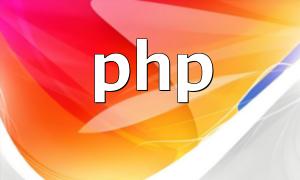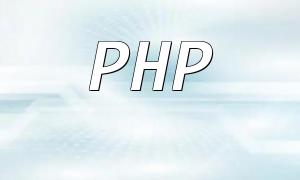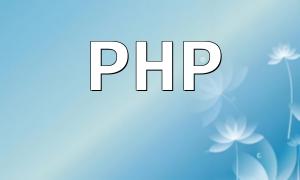As PHP continues to evolve in both performance and ecosystem maturity, many developers are turning to custom extensions to push PHP’s capabilities even further. With its efficiency and object-oriented design, C++ is an ideal language for developing PHP extensions. This article explores best practices for building PHP7 and PHP8 extensions in C++, helping you create high-performance and maintainable modules.
Before writing any extension, it’s essential to understand PHP’s internal structure and APIs. PHP is open-source and provides a rich set of APIs that allow developers to interact directly with its core data structures. Familiarity with these internals helps you grasp the execution flow and memory management behind PHP extensions.
The Zend Engine is the core of PHP, defining most of its data structures and functions. When developing extensions in C++, you can use Zend macros to manipulate PHP variables, functions, and classes. These macros streamline the development process, reduce boilerplate code, and make your extensions easier to maintain.
PHP-CPP is a C++ library designed specifically for building PHP extensions. It provides a clean, object-oriented API that simplifies defining PHP classes, methods, and properties. By using PHP-CPP, you can minimize low-level API calls, speed up development, and write more readable, stable code.
C++ offers powerful object-oriented programming capabilities that make extension design more modular and maintainable. By organizing your code with classes and inheritance, you can improve structure and scalability. In complex extensions, leveraging features like polymorphism and templates can further enhance flexibility and reusability.
Exception handling plays a critical role in building stable extensions. C++’s try-catch mechanism allows you to catch and handle runtime errors gracefully, preventing PHP from crashing when an extension encounters unexpected conditions. Proper exception handling contributes to more reliable and fault-tolerant extensions.
Performance optimization is a central goal in PHP extension development. In C++, you can optimize performance by choosing efficient data structures, minimizing memory allocation and deallocation, and refining algorithms. Combined with PHP’s profiling tools, these strategies help identify bottlenecks and improve runtime efficiency.
Testing and debugging are vital for ensuring the quality of your extension. Tools such as PHPUnit can be used for unit testing to verify functionality and compatibility. Debuggers like GDB make it easier to locate and fix issues quickly, resulting in more stable and reliable code.
Developing PHP7 and PHP8 extensions in C++ requires a solid understanding of PHP internals, Zend macros, and the PHP-CPP library. By effectively applying C++’s object-oriented and exception-handling features, along with careful performance optimization and thorough testing, developers can create robust, high-performance extensions that significantly enhance PHP’s capabilities.



